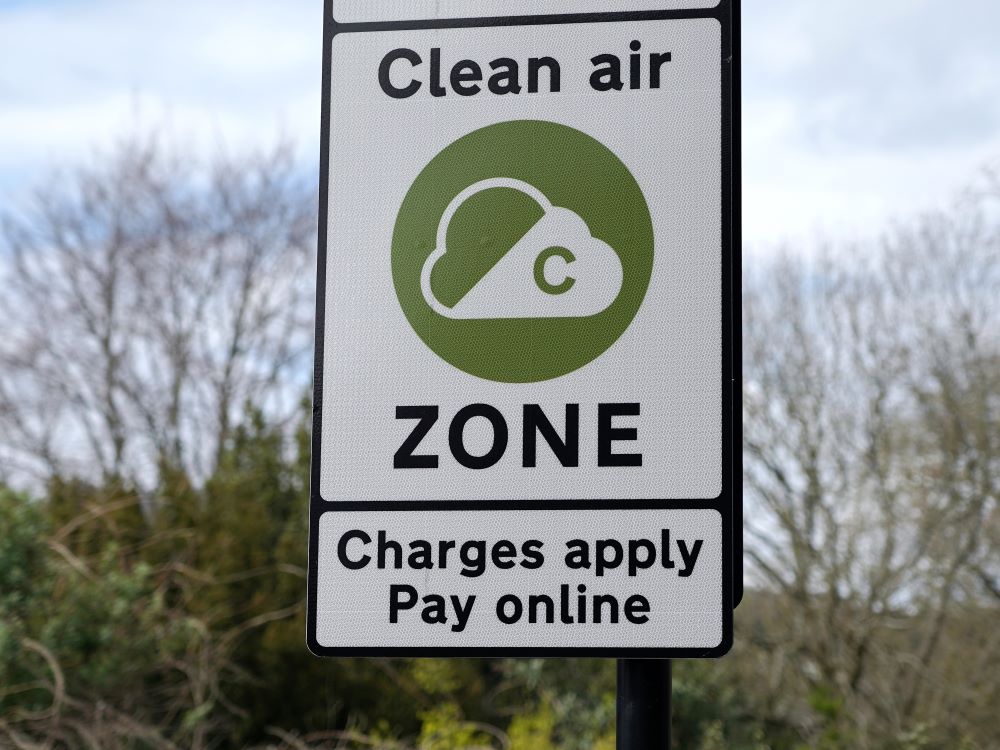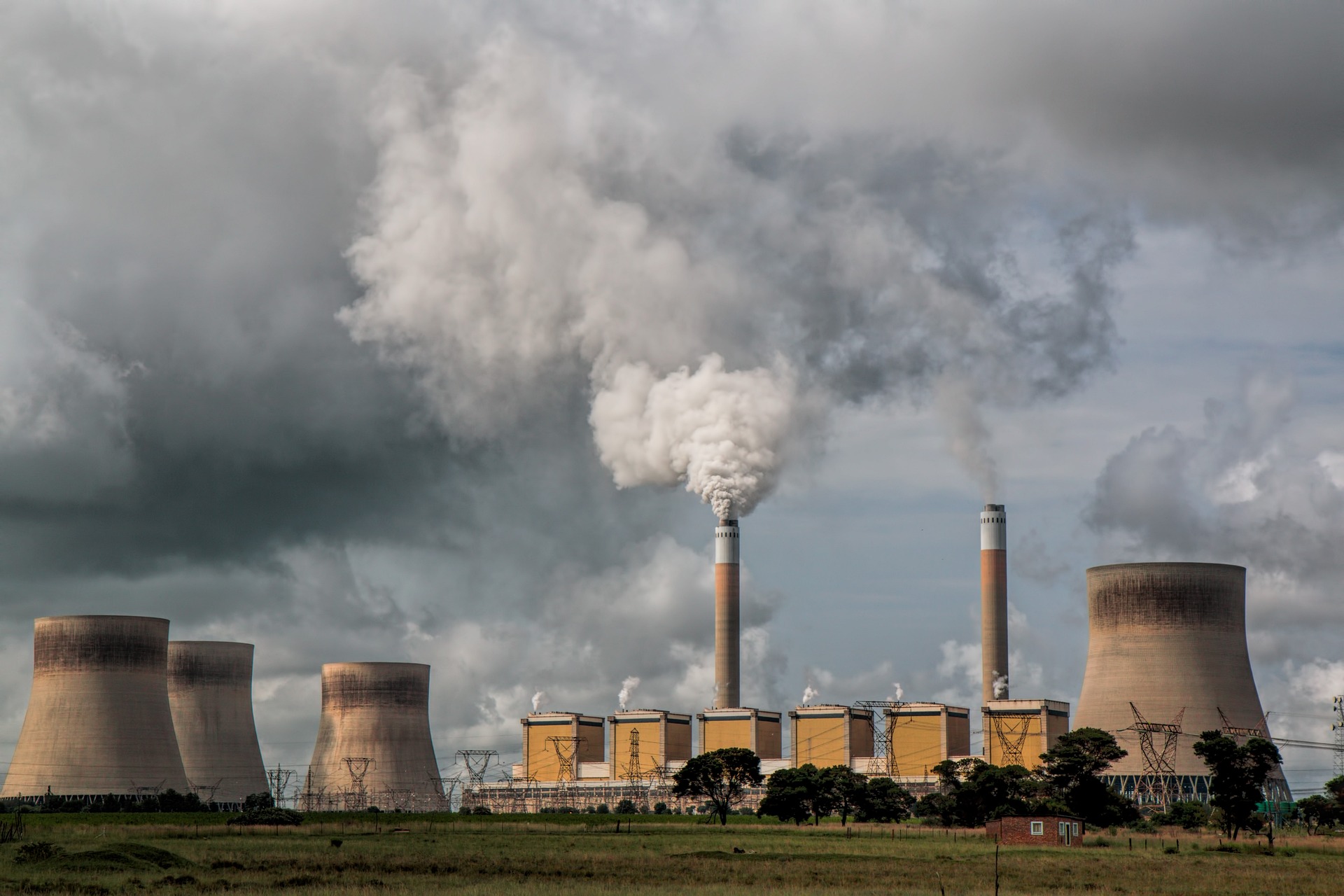Being Nuclear analyses the interrelationship between African uranium and the global nuclear establishment after World War II. Additionally, it traces the often times hidden effects of uranium mining on African workers’ occupational health. With a wealth of sources analysed, Dennis Kumetat thinks that Hecht’s book makes a valuable and innovative contribution to a rarely covered topic.
 Being Nuclear: Africans and the Global Uranium Trade.Gabrielle Hecht: The MIT Press. March 2012. 440 pages.
Being Nuclear: Africans and the Global Uranium Trade.Gabrielle Hecht: The MIT Press. March 2012. 440 pages.
When it comes to the issue of nuclear energy, a multifaceted research landscape presents itself. Interested readers will find that many aspects, including civil and military nuclear technologies, international nuclear governance or the anti-nuclear movements of the last 30-odd years have become the subjects of a wealth of research literature. Yet, some niches are yet to be filled. With her impressive work, Gabrielle Hecht, professor of history at the University of Michigan, has successfully closed some of these gaps. Her series of publications focussing on nuclear activities in postcolonial Africa, uranium mining, as well as the construction and use of the discourse on “nuclearity”, has shed light on previously overlooked areas in that discipline and makes a very worthwhile read for both expert audiences as well as the general public.
Being Nuclear forms part of Hecht’s impressive track record of publications. In this work, she narrates the history of uranium mining from an African perspective. In the first part of the book, she traces the “invention” of a uranium market in former French colonies such as Gabon and Niger as well as apartheid South Africa and Namibia. While Western powers secured a steady and cheap uranium supply for their nuclear programmes, they also sought to combat proliferation to politically undesirable nations. The second part of the book presents individual accounts of the unflattering history of how the large mining companies and postcolonial powers downplayed the health risks connected with uranium mining. Though slightly disparate, the two parts of the book make a significant contribution to research and form a compelling read.
The author focusses on two major case studies showing how an often unsavoury melange of industry interests and the collaboration of political elites in both the former colonial centres and the peripheries that had recently become independent states sought to retain control over African uranium. Interchanging claims of normalcy and uniqueness of uranium and its more enriched products, these interest groups skilfully shaped the nascent nuclear discourse in a way that was most beneficial to them.
She shows how, in the case of Namibian uranium, the interests of the named groups were best served if the “substance” was regarded as a tradable commodity. Through dexterous relabelling, uranium traders thus kept a position from which they could dictate global uranium prices as well as selling the banned uranium from Namibian soil. These pages of her book focus on company and apartheid history with comparatively little space devoted to the politics of London and Washington. Here, this author felt a little more guidance on the overall governance framework of that time would have been useful.
This is performed excellently when Hecht analyses the Franco-African policies in Gabon and Niger where, after the first French nuclear tests in the Algerian Sahara, the Élysée’s African policies around Jacques Foccart matched well with the financial and political interests of these two newly created entities. She shows that in both states, rulers also attempted to gain political clout with the newly found substance and were at some point interested in a uranium trade policy separate from the former colonial masters. Yet, the power politics of Françafrique, cold war global strategy games as well as strong interests for individual profits prevented these initiatives of Omar Bongo (Gabon) and Diori (Niger) from seeing success.
In both chapters, Hecht presents a wealth of sources that have so far remained unused: she visited company and political archives in well over half a dozen states. Among them, the archives in Gabon and Namibia might be the most spectacular ones. While at times, this study suffers from a lack of access to source material (as in the case of Niger) the author openly admits her problems with obtaining data in these cases. Unlike many other publications, however, Hecht does not fall into the trap of overemphasising Western discourses and developments merely because of the better access to sources. Instead, she adds a wealth of oral witnesses to her written sources that, make voices heard which are usually exempt from academic publications, particularly in the second part of the book. For instance, she includes the voice of Dominique Oyingha, a Gabonese uranium miner or Fanahia from Madagascar, whose life, work and health history display some striking similarities.
While the book is a significant study making use of greatly unknown sources and presents the results of more than a decade of laborious research, it left this author to wonder whether her presentation and argument would not have been clearer had she kept the two narratives (macro-level technopolitics and regulation v. uranium mining and occupational health) apart in order to form two separate books, leaving each volume more space to analyse further cases (in part II) or to focus on a broader range of African countries (in part I). Her mention of the Congo providing the fissile material for the Hiroshima and Nagasaki bombs remains one of the few references to this country, also, the nuclear aspirations of Arab states such as Algeria, Libya or Egypt might have formed interesting additional sections.
These minor points apart, Hecht’s book is the work of a true academic explorer and, simultaneously, one of a great public educator. An inspiring experience from both an academic and a policy perspective it will undoubtedly contribute to contribute towards strengthening African voices in both spheres.
————————————————————————————–
Dennis Kumetat was the LSE Kuwait Programme PhD Scholar from 2008 until 2011. In his doctoral dissertation he focuses on renewable energy politics in resource-wealth Arab states. Apart from that, he has a broad research interest in energy issues and has worked on African affairs. Read more reviews by Dennis.







